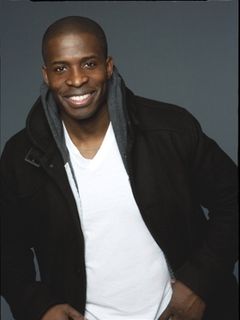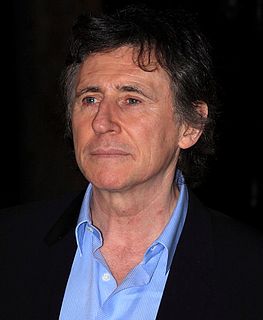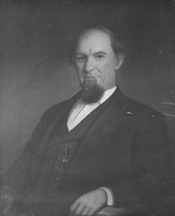A Quote by Gordon B. Hinckley
Conversations I have had with school principals and students lead me to the same conclusion-that...there is an evil and growing habit of profanity and the use of foul and filthy language.
Related Quotes
The statement "I am in pain" may be one piece of evidence for the conclusion that the speaker is in pain, but it is not the only possible evidence, and since people sometimes tell lies, not even the best possible evidence. Even if there were stronger grounds for refusing to attribute pain to those who do not have language, the consequences of this refusal might lead us to reject the conclusion. Human infants and young children are unable to use language. Are we to deny that a year-old child can suffer?
Speaking the Lord’s name with reverence must simply be part of our lives as members of the Church... we do not use foul language. We do not curse or defame. We do not use the Lord’s name in vain. It is not difficult to become perfect in avoiding a swearing habit, for if one locks his mouth against all words of cursing,... he is en route to perfection in that matter.
I feel like in the reading I did when I was growing up, and also in the way that people talk and tell stories here in the South, they use a lot of figurative language. The stories that I heard when I was growing up, and the stories that I read, taught me to use the kind of language that I do. It's hard for me to work against that when I am writing.
I don't think that my lyrics are over-laced with profanity, because I myself don't speak using a lot of profanity in normal conversation. But I think when you're making something aggressive and you need to get a point across, if you're angry, sometimes profanity is necessary. It's better to use a curse word than to hurt somebody else, I find.
I feel like God has moved me into a different way of doing things. I teach basic on-camera acting class called Acting 101...In my classroom, the students get every ounce of encouragement and craft and anything I'm able to give them.We have some rules. We don't take the name of The Lord in vain. We don't use foul language when we mess up on camera...There's a climate of safety...They feel very protected.
He takes out a cigarette and offers one to me. "I try not to indulge. It's a filthy habit," I tell him. "I love that word filthy. I love the way you force it out of your mouth like it's some kind of vermin you want to get rid of." "You've had vermin in your mouth?" "You're mean in that way, you know. You don't let anyone get away with pathetic analogies.
I often notice how students can gain the capacity to use certain critical methodologies through engaging with very different texts - how a graphic novel about gentrification and an anthology about Hurricane Katrina and a journalistic account of war profiteering might all lead to very similar classroom conversations and critical engagement. I'm particularly interested in this when teaching law students who often resist reading interdisciplinary materials or materials they interpret as too theoretical.






































